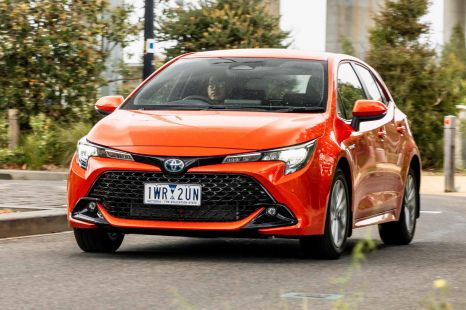

Max Davies
2025 Toyota Corolla SX review
6 Days Ago
Tesla's reliability continues to improve, but another manufacturer has bested it when it comes to electric vehicle dependability.

Publisher
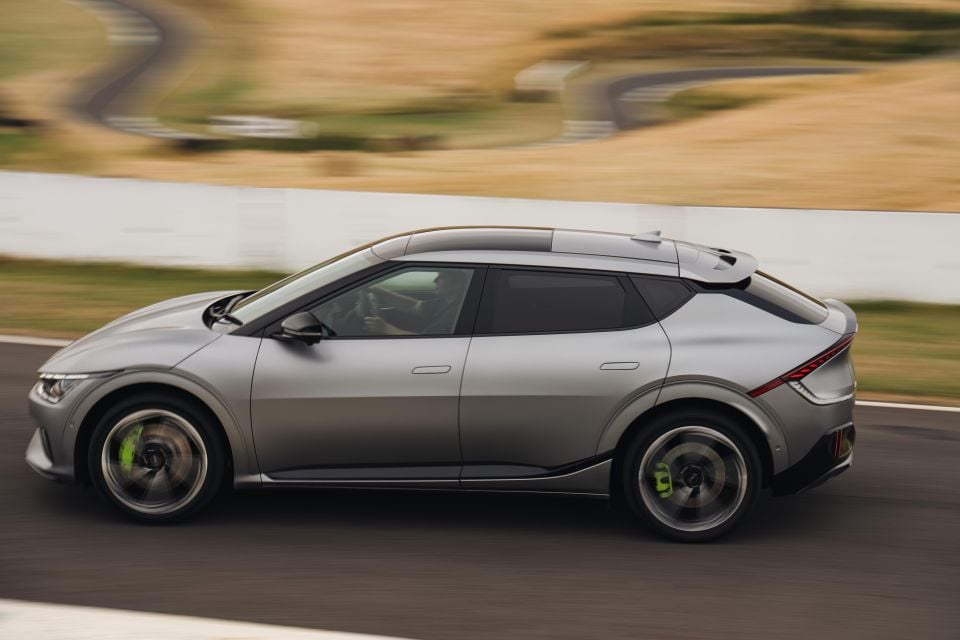

Publisher
Looking to buy your first electric vehicle (EV)? The rules that apply to what makes a car reliable in terms of its mechanical engineering and design are vastly different between EVs and internal combustion-powered vehicles.
Despite the numerous reports on the ‘slowdown’ of electric car sales globally, the Australian market has showed a very strong and healthy growth in the electric car space over the last few years.
In 2022, Australians bought 33,410 pure battery electric vehicles (the majority of which were Teslas) but in 2023, that number increased by 161 per cent to 87,217.
This means more than seven per cent of all new cars delivered in Australia last year were pure electric (of which more than 50 per cent were Teslas).
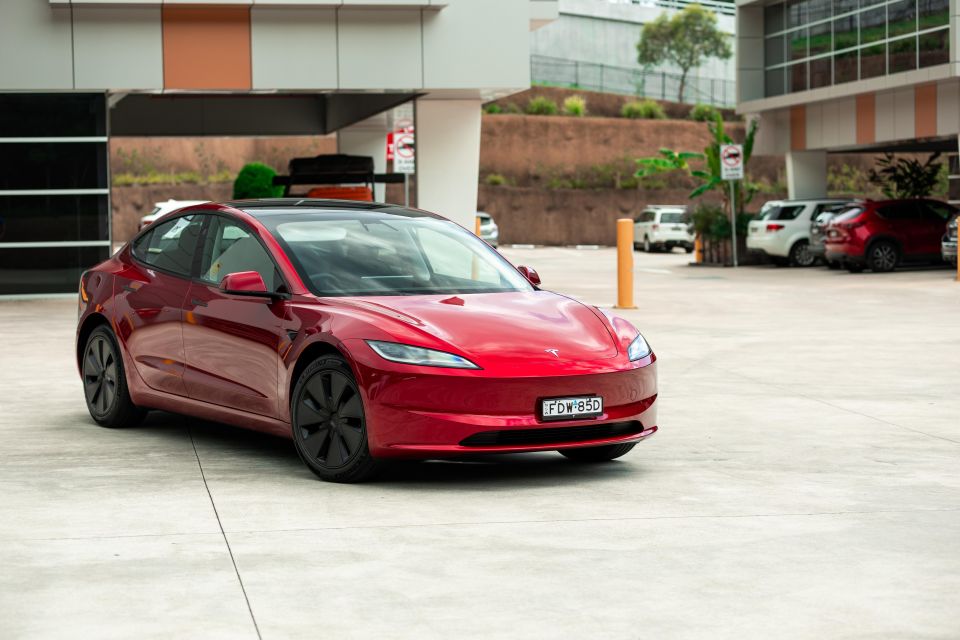
In this new world of electrification, reliability has been somewhat ignored due to the recency of the technology and the willingness of early adopters to put up with issues.
However, as the market matures and the buyer types shift away from early adopters and EV evangelists, the regular mums and dads buying their first EV would do well to have a look at the reliability data.
Given Australia has no industry body that measures such things reliably, we must look overseas to larger markets like North America that conduct yearly surveys.
There are two well known organisations that conduct full scale research into vehicle reliability in the United States: Consumer Reports and J.D. Power.
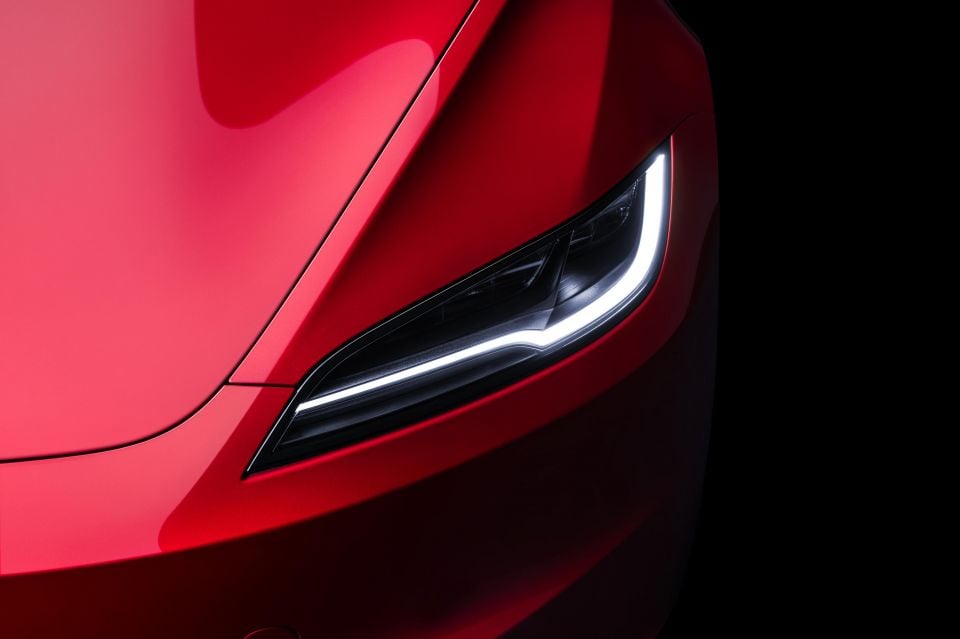
Looking at Consumer Reports first, the organisation notes that EVs as a category have more problems, and experience those problems more frequently than internal combustion engine vehicles, which would make sense considering the maturity of ICE manufacturing. Nonetheless, there are some highlights.
Consumer Reports notes that while the Kia EV6 currently is showing very few problems, the data isn’t mature enough compared to that for the Tesla Model 3, which it rates as the most consistently reliable EV on sale.
It’s worth noting that Tesla vehicles sold in Australia are from China, while US-market Teslas are sourced from the company’s American factories.
Another thing to note is that brands like MG aren’t sold in the U.S., and reports from UK’s What Car? rate MG’s electric cars among the top five most reliable. Same goes for BYD.
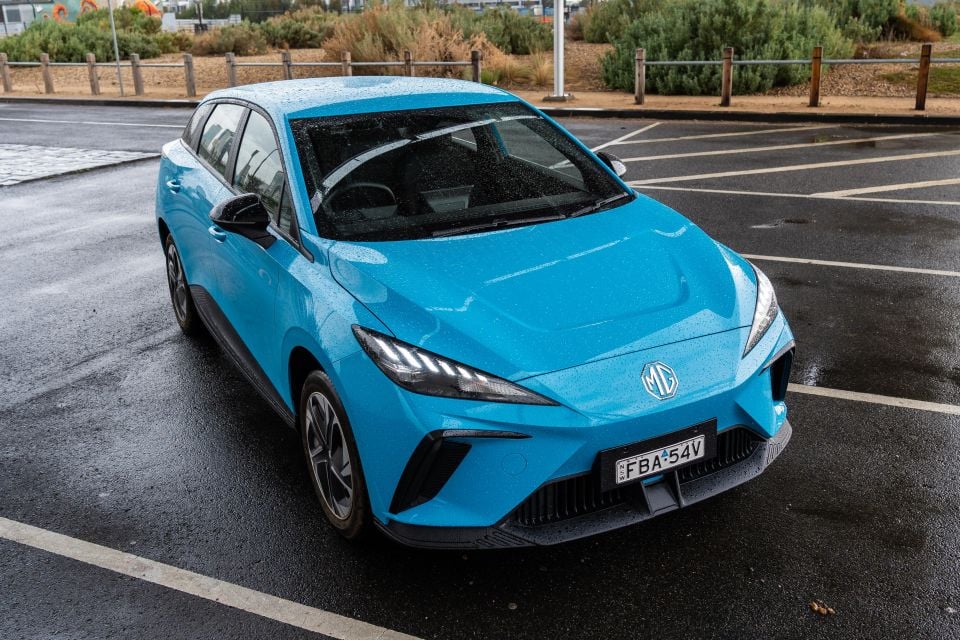
Perhaps the most surprising score on that list is the Model Y, which is closely related to the Model 3.
Nonetheless, Consumer Reports notes ‘owners have reported issues with the electric motors, transmission, brakes, power equipment, and electrical system‘ far more frequently than in the Model 3.
This may be of some concern, given it was the best-selling car in the world last year and in Australia. However, ranking 11th is still reasonable.
What about the question asked the other way around?
Industry powerhouse J.D. Power uses a metric called PP100 in its Initial Quality Study. This indicates the number of problems per 100 vehicles.
While the organisation doesn’t give a specific ranking to electric vehicles separate to the wider industry, taking EVs sold in Australia into account, the electric car with the most reported problems was the Polestar 2.
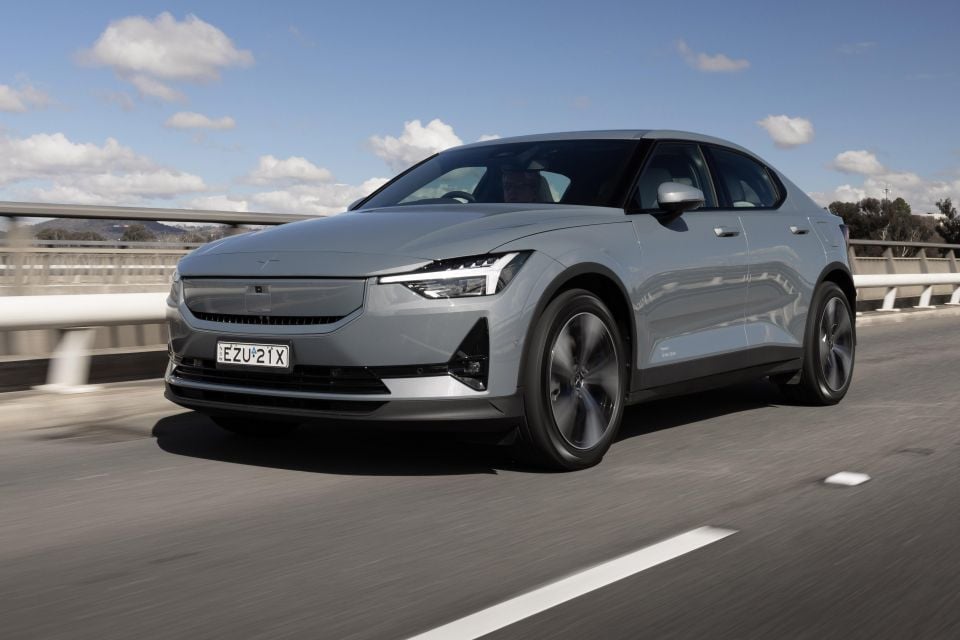
According to J.D. Power, Polestar owners reported 313 problems for each 100 vehicle sold. That’s 56 more reported problems per 100 vehicles than Tesla (which also scored rather poorly compared to traditional manufacturers).
For context, Porsche owners reported 167 problems per 100 vehicles, though this figure also includes combustion-powered models.
Do you own an electric car? Tell us about your ownership experience in the comments below.
Alborz is the founder of CarAdvice (sold to Nine and now Drive) and co-founder of CarExpert. He is an honourary adjunct professor & entrepreneur in residence at the University of QLD. He loves naturally-aspirated V8s, V10s and V12s and is in denial about the impending death of the internal combustion engine. The best way to reach him is via Instagram.


Max Davies
6 Days Ago
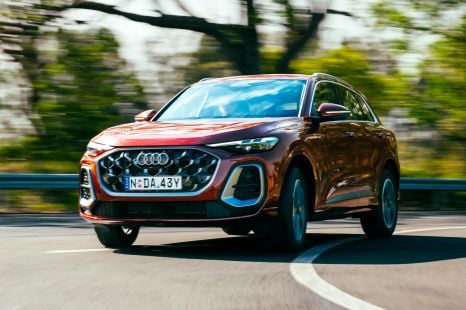

James Wong
4 Days Ago
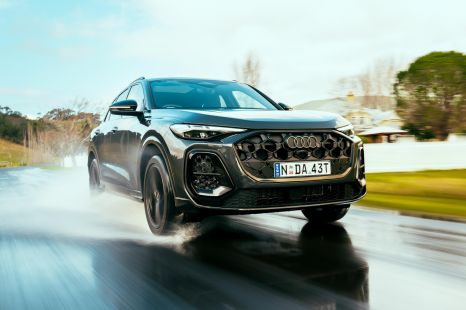

James Wong
4 Days Ago
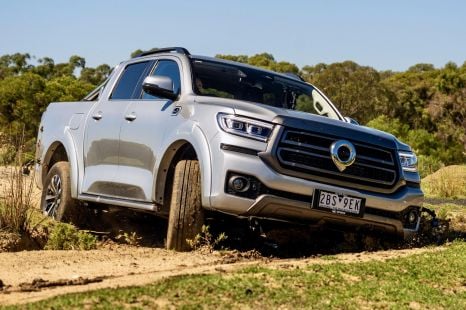

Max Davies
3 Days Ago
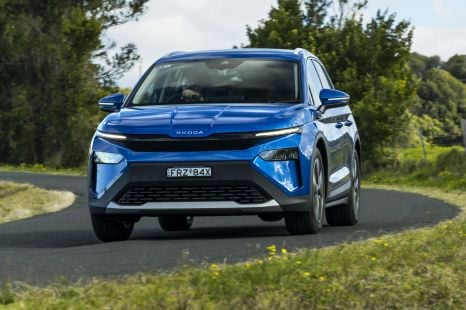

Josh Nevett
1 Day Ago
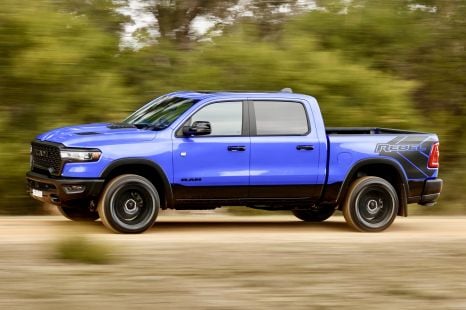

Max Davies
1 Day Ago